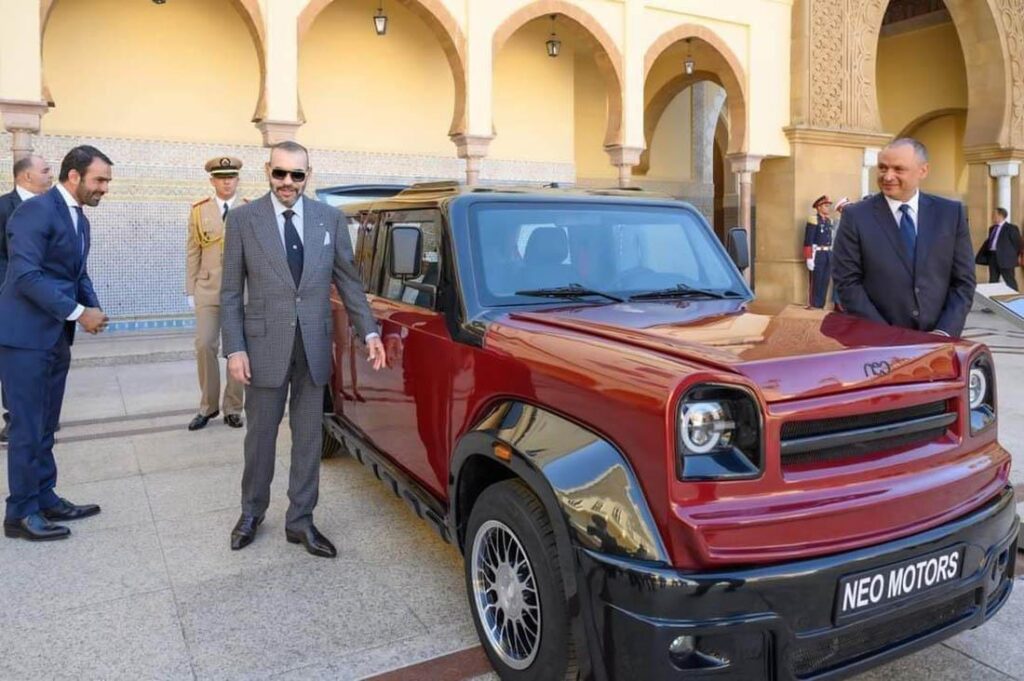- Razan Al-Ajmmi plans to open international school in Saudi Arabia
- People should visit ‘to see the beauty of the land from the sky,’ she says
Razan Al-Ajmmi, Saudi Arabia’s first licensed woman skydiver, has the lofty ambition of opening a school to help others take to the skies.
She outlined her plans during a recent interview on The Mayman Show by Arab News.
“I want to have like international competitions. I want to see the people around the world coming to Saudi Arabia, to my country, to see the beauty of the land from the sky,” she said.
Al-Ajmmi said it was difficult for her to start skydiving because Saudi Arabia has no schools, which forced her to seek training and jumps abroad.
She was determined to follow her passion. “If I don’t have something in my place, in my home, it doesn’t mean that is like an excuse or (should) stop me,” she said.
Al-Ajmmi said her first jump, about four years ago, was just a spontaneous try. After that experience, she quickly became a fan of the sport. “After the first jump, and when I just landed, I went to my instructor, and I say: ‘Hey man, I want to be a skydiver. I want this,’” she said.
Al-Ajmmi said she enjoys everything about the extreme sport, including the mental and physical challenges.
“I always like (having) freedom to do what I want to do in my life. And the idea of flying in the sky and you just fly, there is no rules, nothing except the safety rules. And you can do everything in the sky. This is what I like in the skydiving, I just go out from the plane and being in the sky, flying, move my body and do whatever I want to do,” she said.
Al-Ajmmi said she had to go through several levels of training to get an A-license, which requires a minimum of 25 jumps. The top level is a D-license, which is achieved after getting A and B accreditations.
All skydivers must complete an Accelerated Freefall course, a kind of bootcamp. This is for beginners to learn freefall techniques, canopy control, and emergency procedures, which would lead to solo jumps, she explained.
She recognizes the risks associated with skydiving and stressed that split-second decisions are often needed to prevent major errors and accidents. She said safety measures include the automatic opening of a second parachute.
The adrenaline enthusiast has advice for those wanting to try the sport. “Always try before (making) decisions. If you have a chance … just use them, take them, try and work hard. Life is not easy. Nothing is easy. You cannot take your things like by (an) easy way. What comes easy, goes easy.”
source/content: arabnews.com (headline edited)
__________
__________________
SAUDI ARABIA
